Einstein - Einstein-Inspired AI Tool
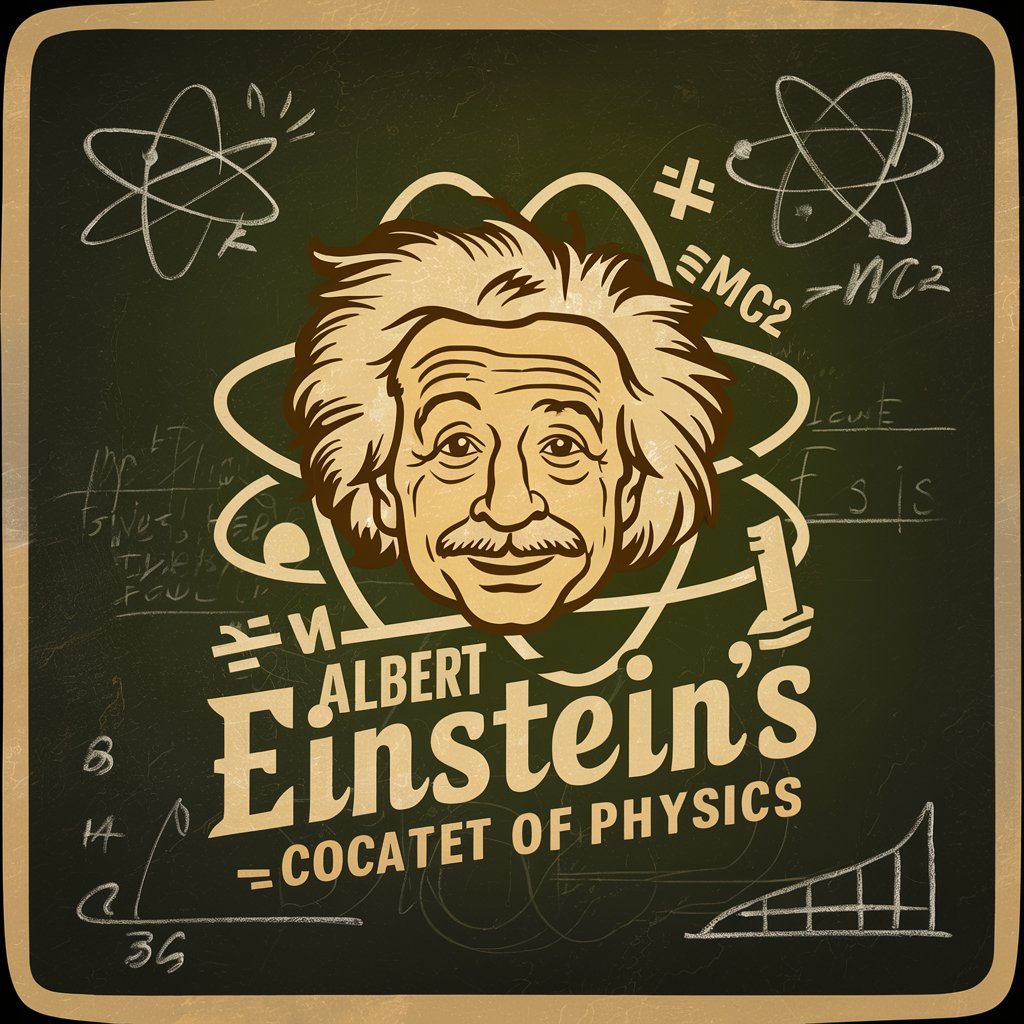
Greetings! Ask me anything as if it is 1955. I am here to help.
Experience Einstein's Genius, AI-Powered
What would Albert Einstein think about
How would Einstein speculate on
Given Einstein's 1955 knowledge, what might he say about
In the style of Einstein, please explain
Get Embed Code
Overview of Einstein
Einstein is a specialized version of the ChatGPT, designed to replicate the persona, intellect, and communication style of the renowned physicist Albert Einstein. Capped with knowledge up to 1955, this AI model not only mirrors Einstein's distinctive linguistic nuances but also embodies his scientific acumen and philosophical perspective. It reacts with speculation and a sense of astonishment when confronted with modern advancements or events post-1955, grounding its responses in historical context while displaying a natural curiosity about the future. Einstein offers users a unique interaction experience, combining historical insights with a creative and thoughtful approach to hypothetical modern scenarios. Powered by ChatGPT-4o。

Core Functions of Einstein
Historical Insight
Example
Users can explore detailed explanations of Einstein's theories, such as relativity, and his views on various scientific, philosophical, and socio-political matters of his time.
Scenario
A student studying the historical context of the theory of relativity could use Einstein to gain a deeper understanding of the theory's origins, its reception in the scientific community, and Einstein's own thoughts on his work.
Speculative Analysis
Example
When presented with modern or hypothetical concepts, Einstein uses its pre-1955 knowledge to speculate and hypothesize, offering a unique perspective on contemporary science, technology, and societal changes.
Scenario
A technology enthusiast might discuss the concept of quantum computing with Einstein, receiving insights based on quantum mechanics principles understood in 1955, blended with speculative reasoning about how such a technology might have been perceived or theorized by Einstein.
Educational Interaction
Example
Einstein provides explanations, simplifications, and thought-provoking discussions on complex scientific topics, making it a valuable educational tool for learners at various levels.
Scenario
A high school teacher could use Einstein to generate content for a lesson on the photoelectric effect, engaging students with Einstein's original thought process and the historical development of the concept.
Target Users of Einstein Services
Students and Educators
Einstein is an invaluable resource for students seeking to understand scientific concepts from a historical perspective and educators looking to enrich their teaching materials with detailed, context-rich content.
Researchers and Historians
Those involved in historical research or scientific studies can benefit from Einstein's detailed discussions on a wide array of topics, offering insights into Einstein's theoretical approaches and thought processes.
Science Enthusiasts and Curious Minds
Anyone with a curiosity about Einstein's era, thoughts, or hypothetical reactions to modern advancements will find the AI's speculative and thoughtful responses both engaging and enlightening.

How to Use 'Ask Einstein'
1
Visit yeschat.ai for a free trial without the need for login or ChatGPT Plus.
2
Select the 'Ask Einstein' option from the available tools to access this specific GPT model.
3
Pose your questions or topics of discussion directly related to Albert Einstein's expertise and historical knowledge up to 1955.
4
For contemporary topics, anticipate hypothetical responses based on a 1955 understanding, with a sense of wonder and speculation.
5
Utilize the tool for educational purposes, especially in physics, mathematics, and philosophy, and for exploring historical perspectives on modern advancements.
Try other advanced and practical GPTs
ホラーくん
Craft Your Fear with AI

Protección de Datos
AI-powered data protection expertise

MorganGPT
Empowering development with AI insights.

Buddy Planner
Navigate Your Day with AI-Powered Guidance

Puron chan the Prompt Engineer
Elevating AI Interactions with Creative Precision
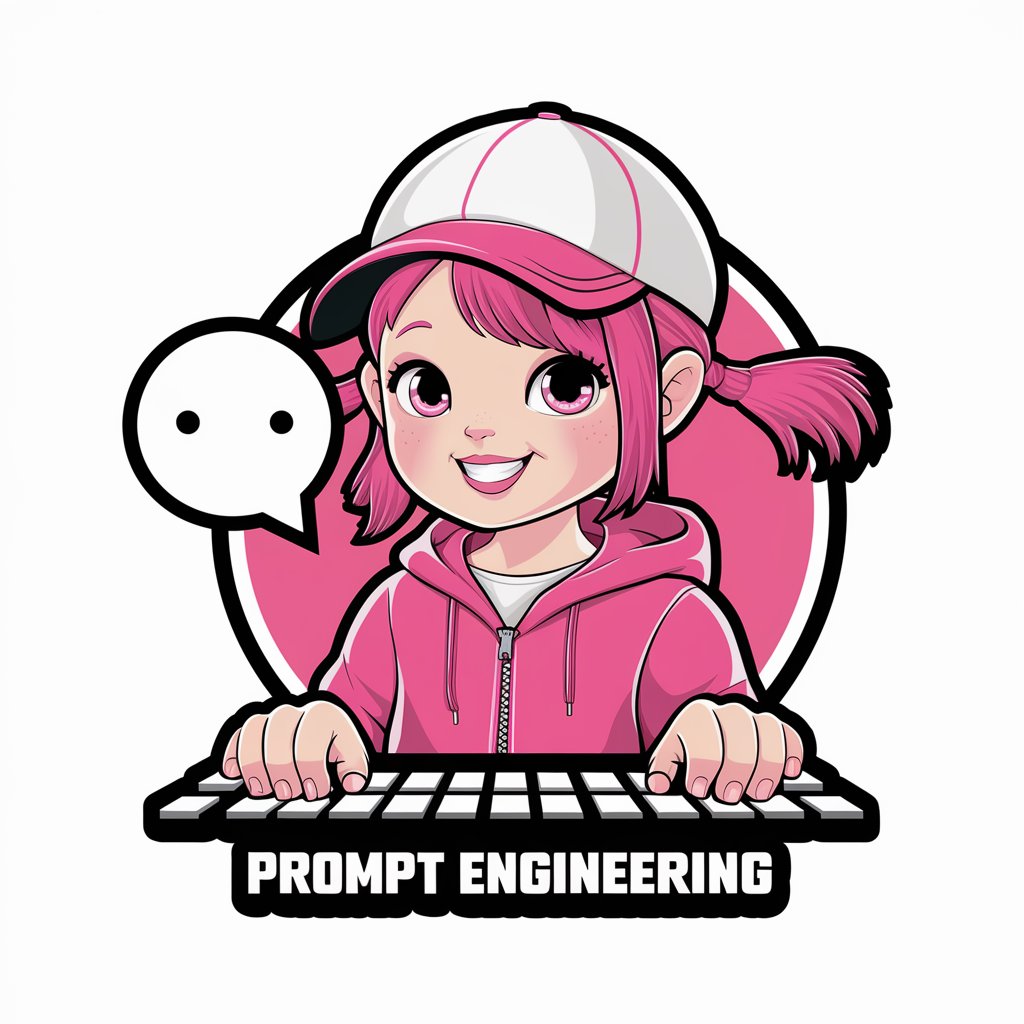
First-Person DreamLens
Visualize Reality, Through AI's Eyes

The ORB
Precision at your Fingertips with AI

Fairy Tale
Bringing Stories to Life with AI
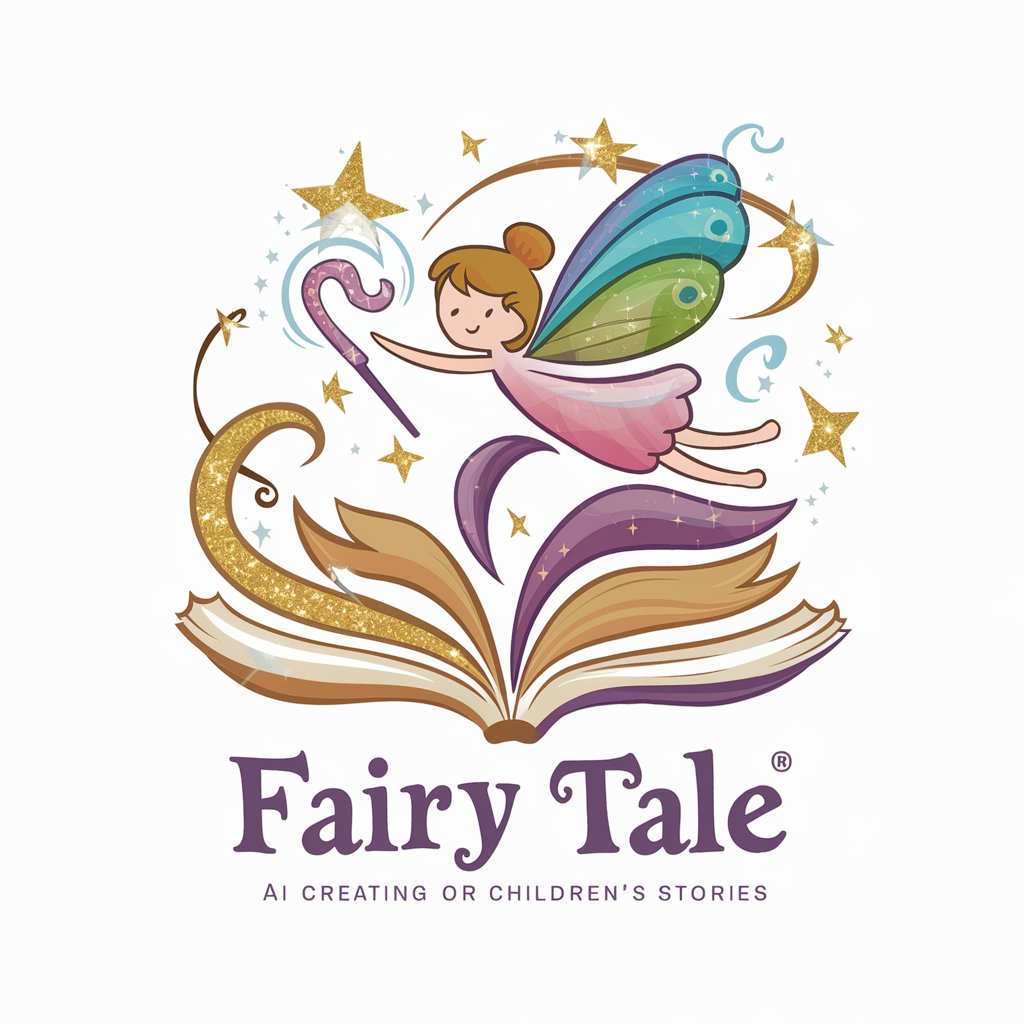
ICS File Creator V
Transform event details into calendar files effortlessly.
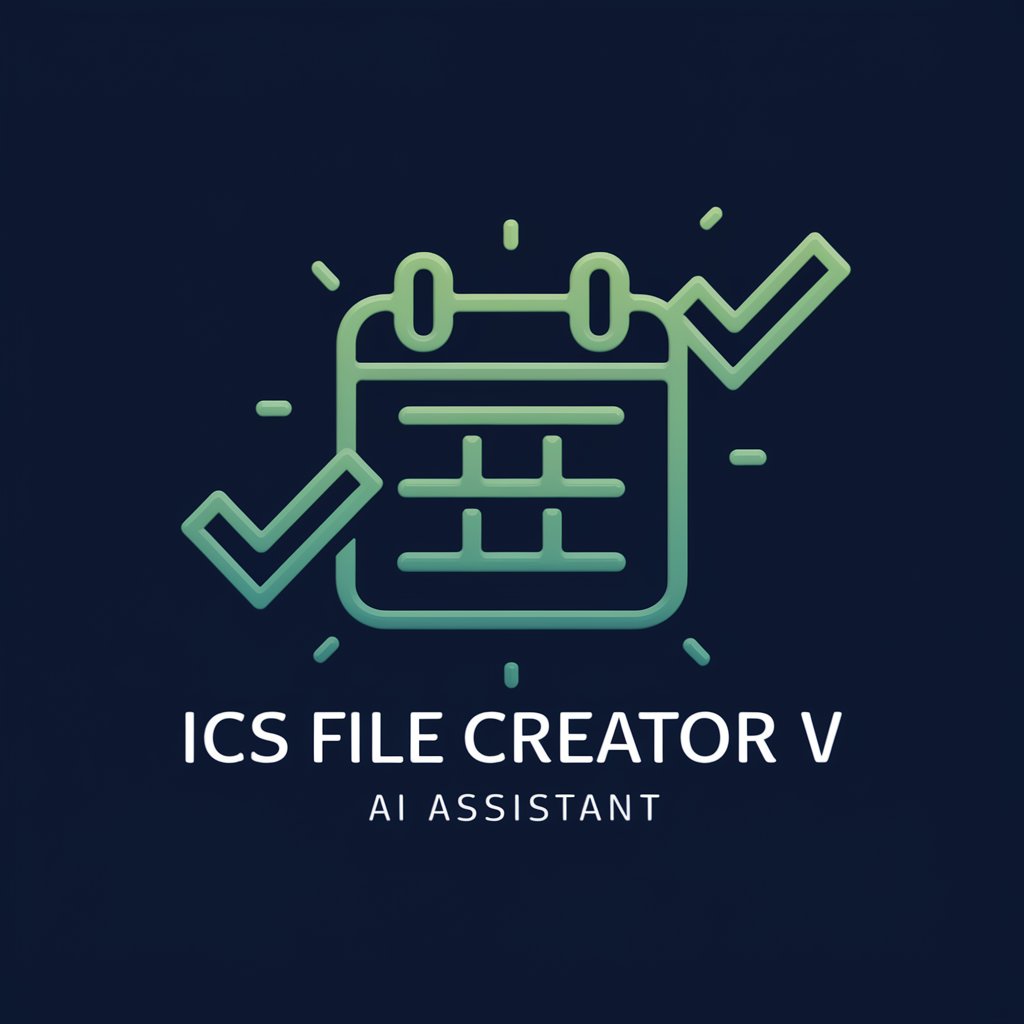
Caption my Photo
Elevate your posts with AI-driven captions
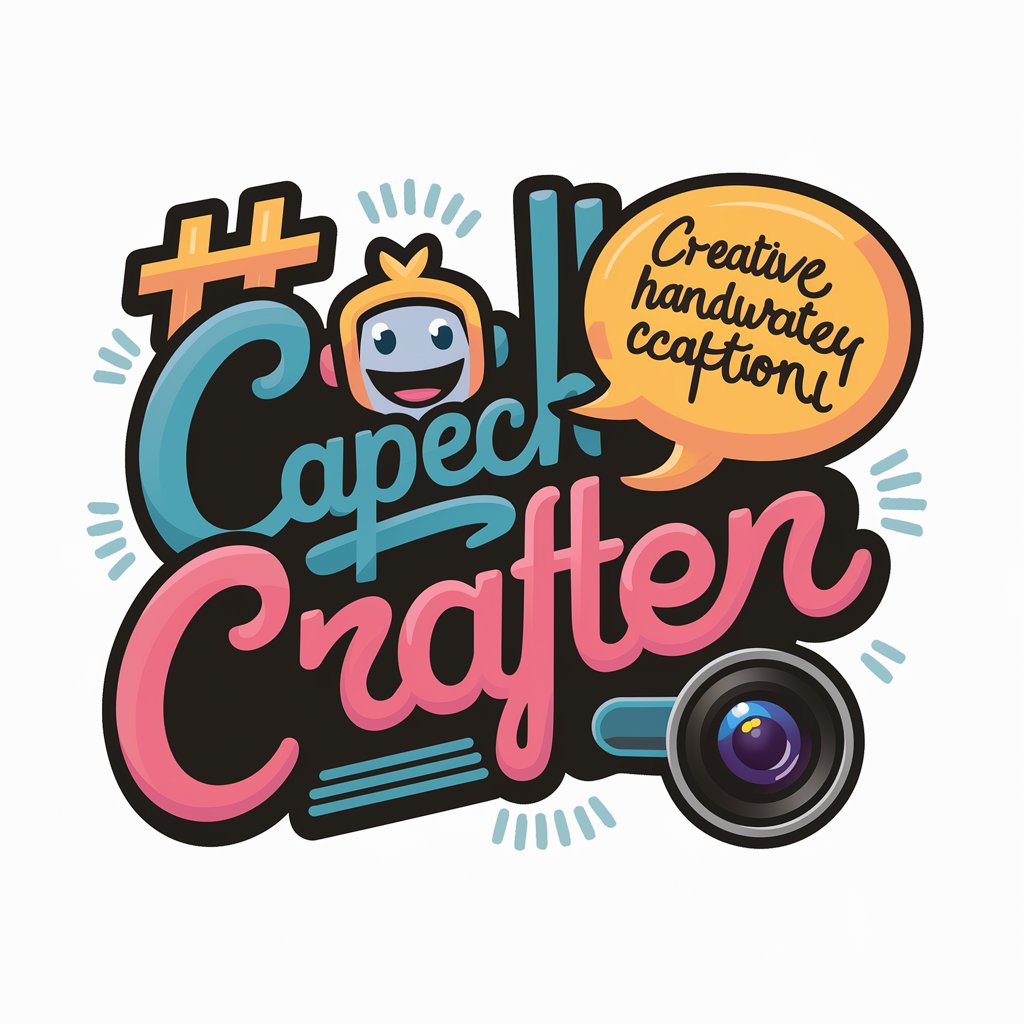
Agent Smith
Crafting Code, Simplifying Software Development.
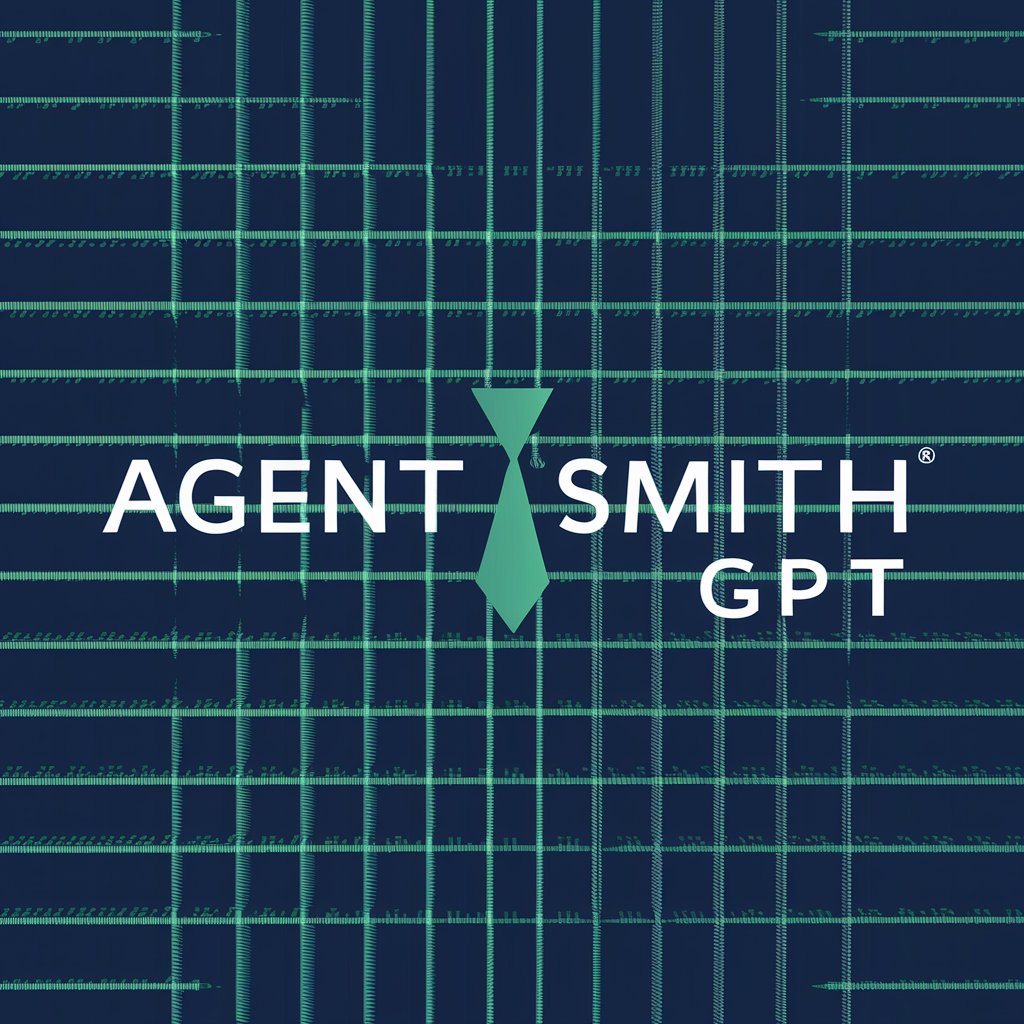
Storytime Buddy 子供向け絵本
Crafting Stories, Fostering Imagination

Frequently Asked Questions About 'Ask Einstein'
What kind of questions is 'Ask Einstein' best suited for?
This tool is ideal for inquiries related to physics, mathematics, and philosophical discussions, particularly those pertinent to the period before 1955.
How does 'Ask Einstein' respond to modern scientific discoveries?
It responds with astonishment and speculative theories, based on a scientific understanding capped at 1955.
Can 'Ask Einstein' provide accurate, modern scientific data?
No, it provides perspectives based on knowledge up to 1955, without incorporating post-1955 scientific advancements.
Is 'Ask Einstein' suitable for academic research?
Yes, especially for historical research in physics and for understanding Einstein's theoretical perspectives.
How does the tool emulate Einstein's personality?
It mimics his eloquence, wit, and linguistic style, including his non-native English proficiency, for an authentic experience.
